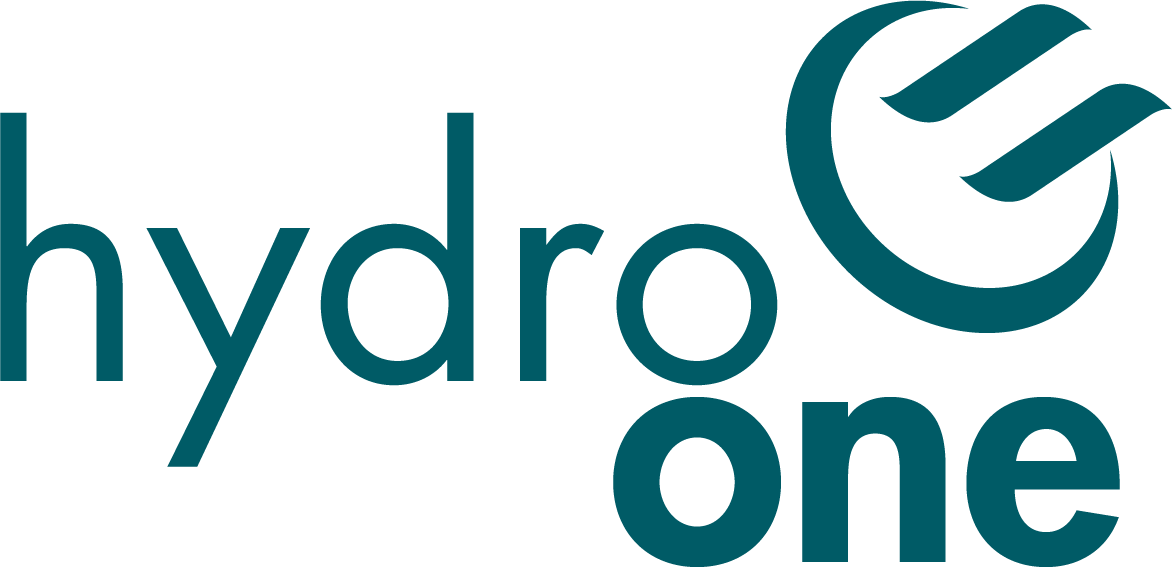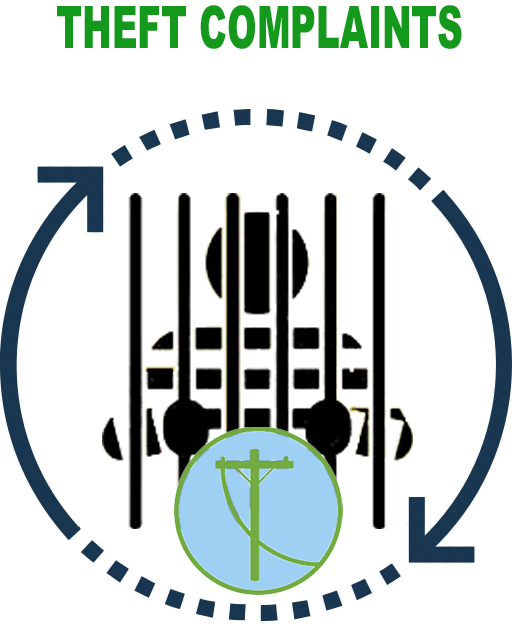Company Directory - Ceylon Electricity Board
Company Details - Ceylon Electricity Board

Ceylon Electricity Board
WebsiteColombo, Sri Lanka
Ceylon Electricity Board is the government‐owned electric power utility in Sri Lanka responsible for generating, transmitting, and distributing electricity.
CCI Score
CCI Score: Ceylon Electricity Board
-53.93
0.22%
Latest Event
Restructuring and Privatization Threaten Worker Rights at Ceylon Electricity Board
Amid IMF mandates and government restructuring, the Ceylon Electricity Board faces significant downsizing and privatization efforts that are projected to lead to mass job losses, wage cuts, and a reduction in worker protections. This event underscores the broader alliance between austerity policies and privatization strategies that undermine labor rights and public accountability.
Take Action
So what can you do? It's time to make tough choices. Where will you cast your vote?
- Shop Alternatives
SEE ALL - Use Your Voice
OTHER TOOLS - Investigate
- Share the Score
SUPPORT CCI
QUISLING
Ceylon Electricity Board is currently rated as a Quisling.
Latest Events
 MAR192025
MAR192025Amid IMF mandates and government restructuring, the Ceylon Electricity Board faces significant downsizing and privatization efforts that are projected to lead to mass job losses, wage cuts, and a reduction in worker protections. This event underscores the broader alliance between austerity policies and privatization strategies that undermine labor rights and public accountability.
-65
Labor Relations and Human Rights Practices
March 21
The restructuring plans for CEB involve significant downsizing through massive layoffs and wage cuts, reflecting a disregard for labor rights and human dignity. Previous protests by CEB workers, followed by their suppression and marginalization by trade unions, indicate a systemic undermining of fair labor practices in the name of privatization.
Sri Lankan government expedites privatisation of state-owned enterprises, axing thousands of jobs
-30
Economic Collaboration
March 21
The unbundling of CEB into separate companies for generation, transmission, and distribution is driven by IMF and international financial institutions' agendas. This move facilitates a shift toward privatization that prioritizes profitability and market interests over democratic oversight and public welfare, thereby undermining structural accountability.
Sri Lankan government expedites privatisation of state-owned enterprises, axing thousands of jobs
 JUN062024
JUN062024The restructuring of the state‐owned Ceylon Electricity Board, spurred by IMF austerity measures and state-led reforms, is leading to significant job cuts, wage reductions, and a weakened stance on labor rights. These changes serve broader neoliberal interests by paving the way for future privatization, compromising public accountability and workers' welfare.
-70
Labor Relations and Human Rights Practices
March 21
The planned workforce reductions and erosion of labor protections at CEB exemplify a disregard for labor rights. The move, which aligns with IMF-driven austerity measures, undermines worker security and contributes to systemic exploitation—acting in service of broader oppressive economic policies.
Sri Lankan government pushes electricity privatisation through the parliament
-50
Economic Collaboration
March 21
The restructuring of CEB is positioned as a gateway for profit-driven privatization, reinforcing neoliberal economic policies that sacrifice public welfare for investor gains. This economic realignment, driven by governmental and international pressure, exacerbates inequality and diminishes democratic accountability.
Sri Lankan government pushes electricity privatisation through the parliament
 APR252024
APR252024Unions representing the state-run Ceylon Electricity Board have vowed to defeat a new electricity reform bill that aims to restructure CEB by splitting it into multiple entities and opening the door for foreign companies. This protest underscores concerns over deteriorating labor rights and potential economic collaboration that may undermine national control over critical infrastructure.
-50
Labor Relations and Human Rights Practices
March 21
The protest by CEB's trade unions highlights significant concerns regarding labor rights. The proposed reforms, which are perceived to offer no benefits to workers while potentially dismantling established protections, reflect negatively on the company's treatment of its workforce and adherence to ethical labor practices.
Unions threaten to “defeat” Sri Lanka electricity reforms bill outside parliament
-40
Economic Collaboration
March 21
The reform bill's proposal to split the CEB and allow participation by foreign companies raises serious concerns about economic collaboration that may compromise national sovereignty. This move is seen as a threat to the public interest and could enable undue external influence in the country's critical infrastructure.
Unions threaten to “defeat” Sri Lanka electricity reforms bill outside parliament
 MAR212024
MAR212024Ceylon Electricity Board management has been accused of targeting and punishing workers involved in protests against the privatisation of the state‐owned utility, reflecting significant issues in labor rights and alignment with repressive economic reforms driven by government and IMF pressures.
-80
Labor Relations and Human Rights Practices
March 21
The Ceylon Electricity Board has initiated punitive measures against workers protesting its privatisation, including widespread suspensions and opaque inquiries. This treatment demonstrates a blatant disregard for labor rights and fair labor practices, contributing to an authoritarian approach to workforce management.
Sri Lanka: Ceylon Electricity Board witch-hunting workers opposed to privatisation
-40
Regulatory Capture
March 21
The accelerated push for CEB privatisation, driven by government and IMF mandates, reflects a broader strategy of economic restructuring that undermines public control and facilitates repressive regulatory capture. This action shifts the balance in favor of market forces over democratic labor rights.
Sri Lanka: Ceylon Electricity Board witch-hunting workers opposed to privatisation
 JAN202024
JAN202024A Colombo District Court ruling effectively prohibited Ceylon Electricity Board workers from taking industrial action, while management enforced disciplinary measures. This repressive action undermines workers' rights and is indicative of authoritarian practices in labor relations.
-80
Labor Relations and Human Rights Practices
January 20
The Ceylon Electricity Board, a state-owned enterprise, has enforced a court order that bars its employees from engaging in industrial action and has imposed disciplinary measures on protesting workers. This suppression of collective bargaining and union rights reflects a blatant disregard for fair labor practices and contributes to an authoritarian mode of labor control, negatively impacting worker rights.
Sri Lankan court bans industrial action by Ceylon Electricity Board workers
Alternatives
Charlotte, United States
-33.99

Corporation
8.24

Toronto, Canada
60.18

Bryansk, Russia
45.91

Vancouver, Canada
29.38

Vijayawada, India
-3.37

New York, USA
-6.67

Thiruvananthapuram, India
-7.14

Thiruvananthapuram, India
-11.19

India
-12.84
Industries
- 221113
- Nuclear Electric Power Generation
- 221118
- Other Electric Power Generation
- 221121
- Electric Bulk Power Transmission and Control
- 221122
- Electric Power Distribution